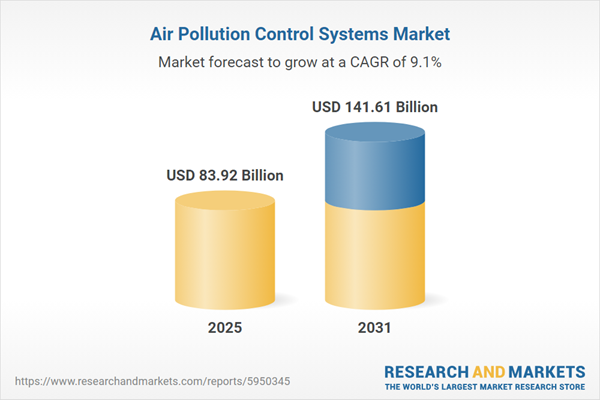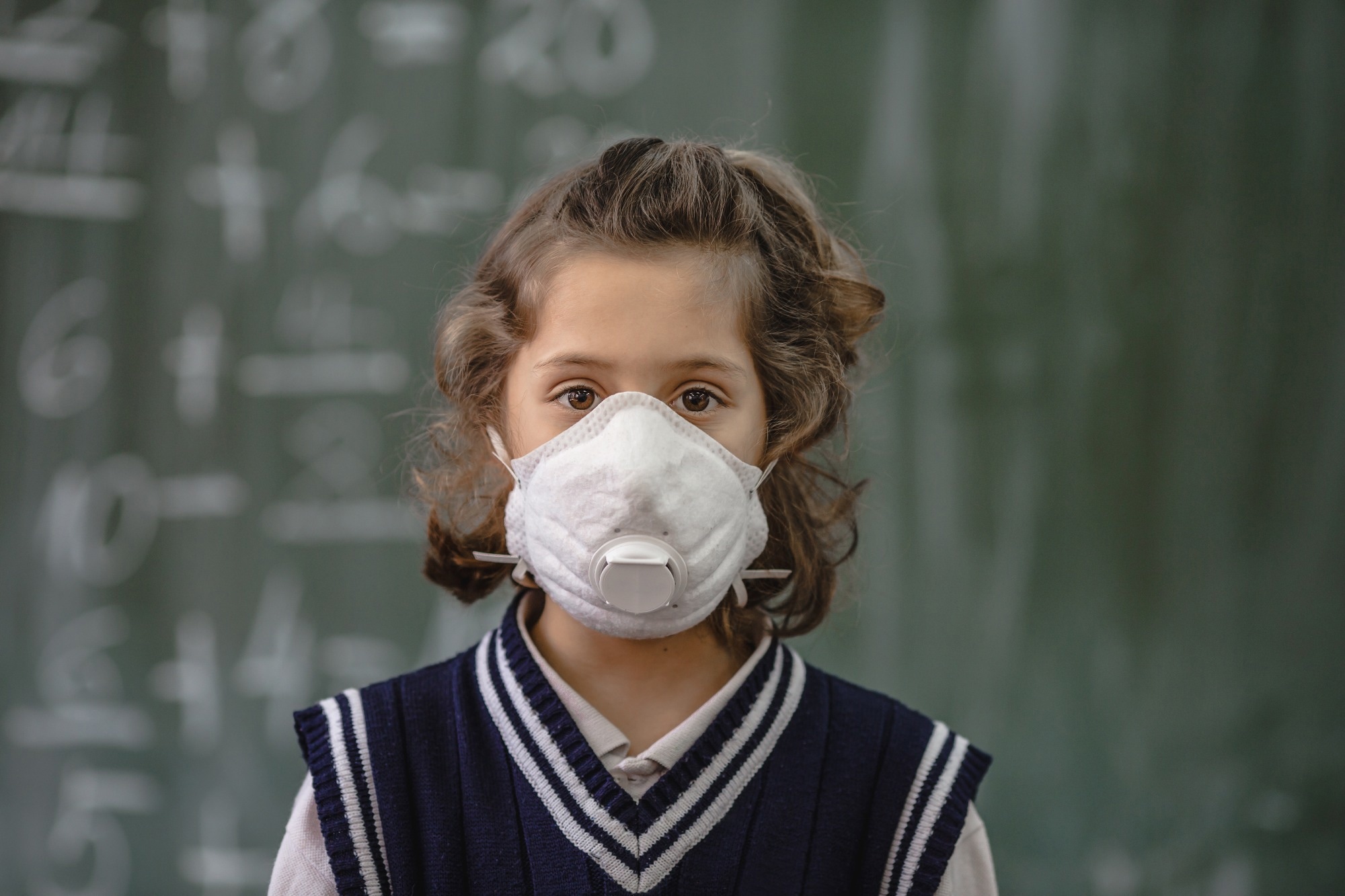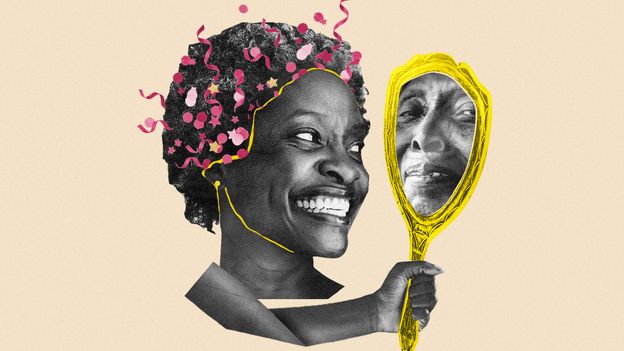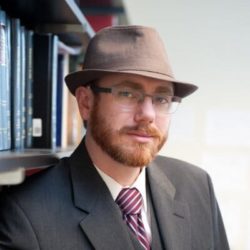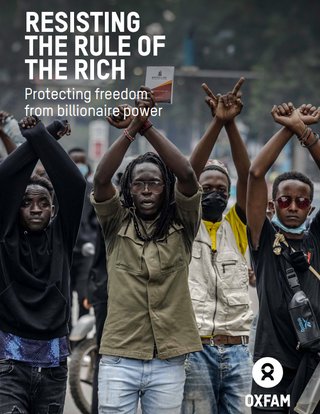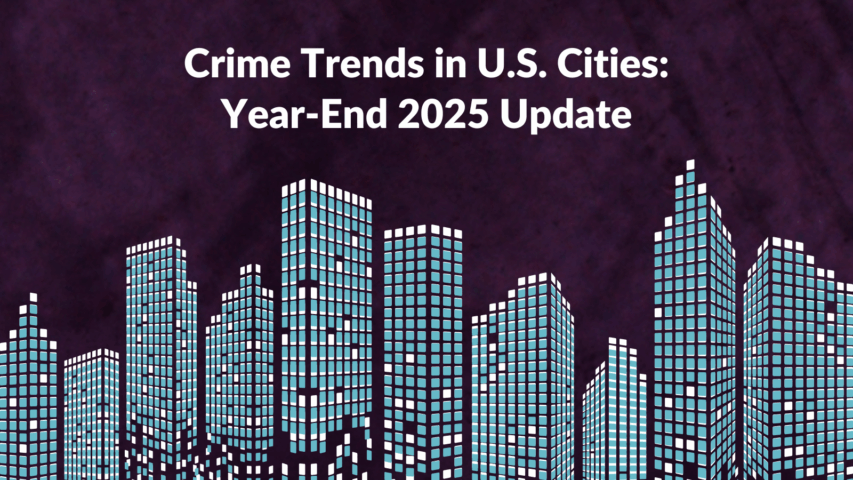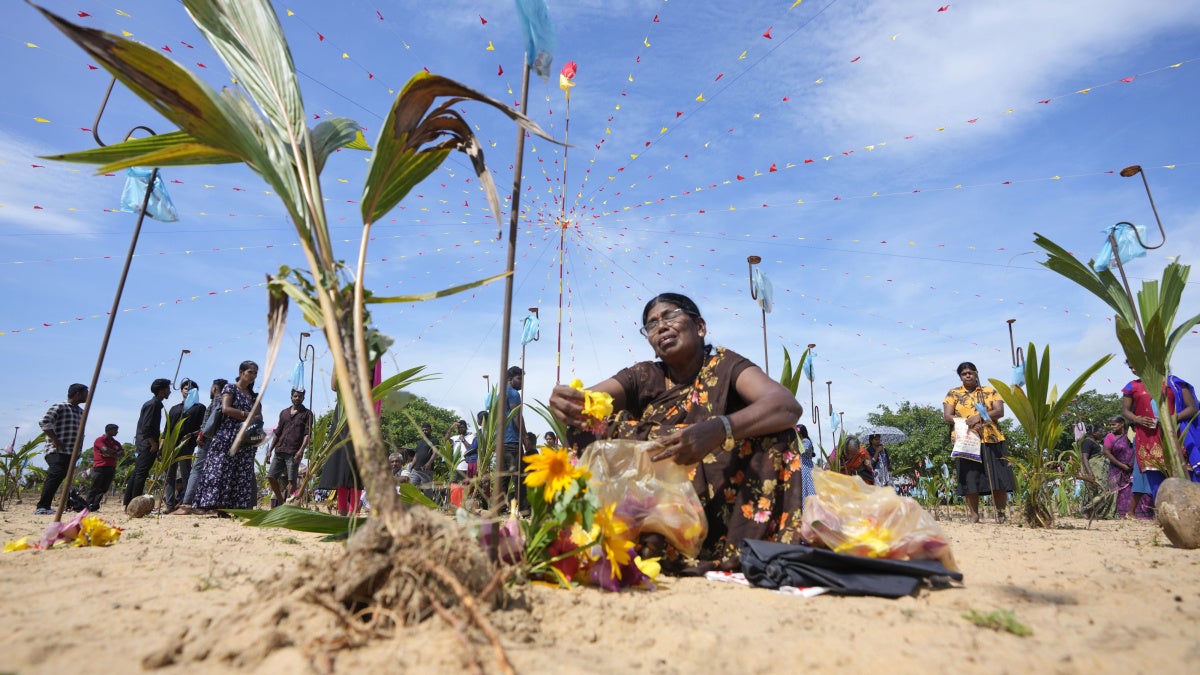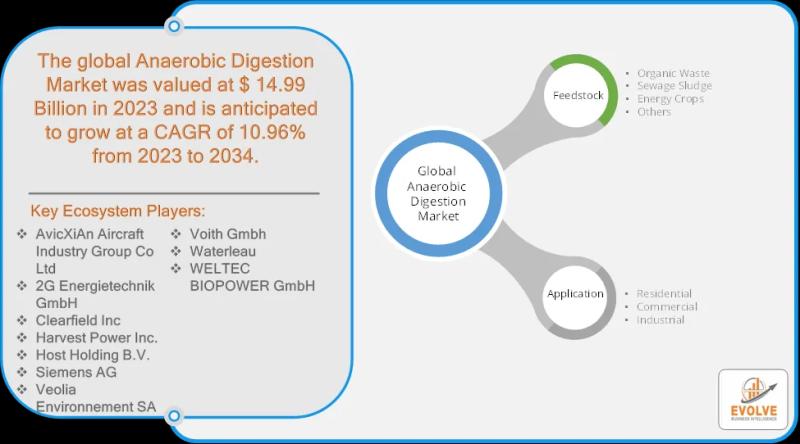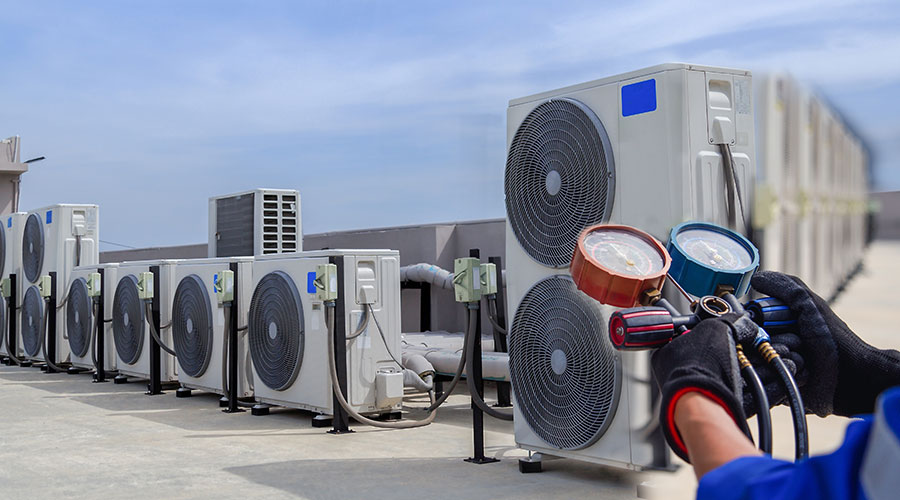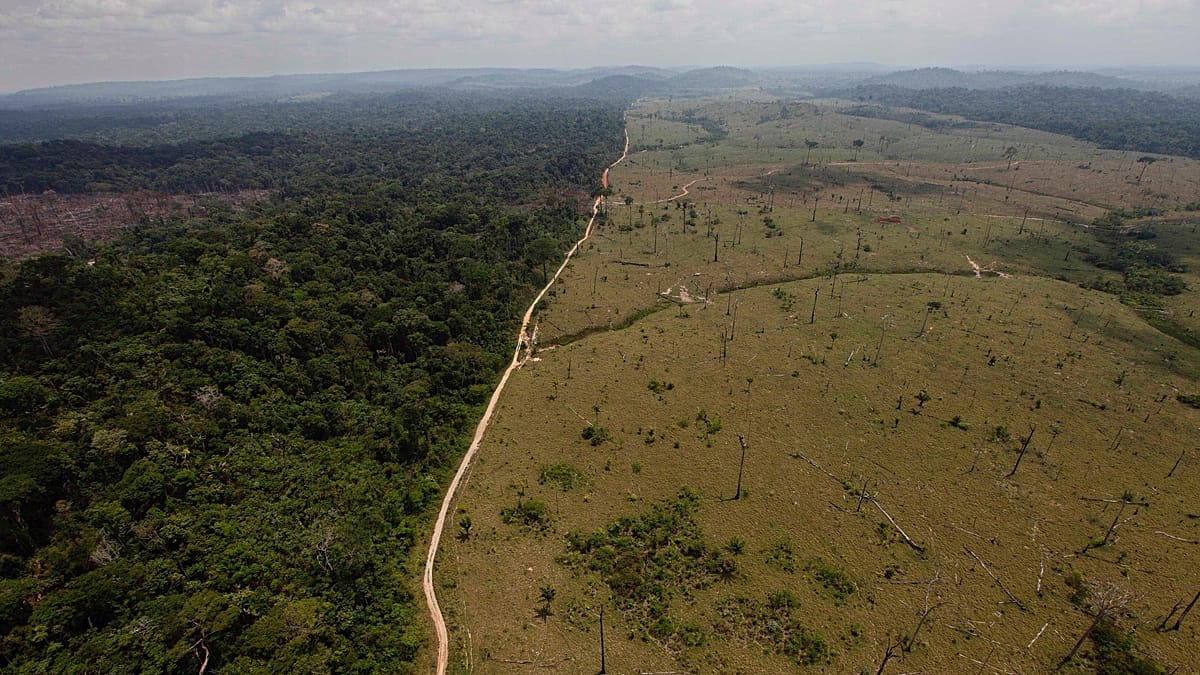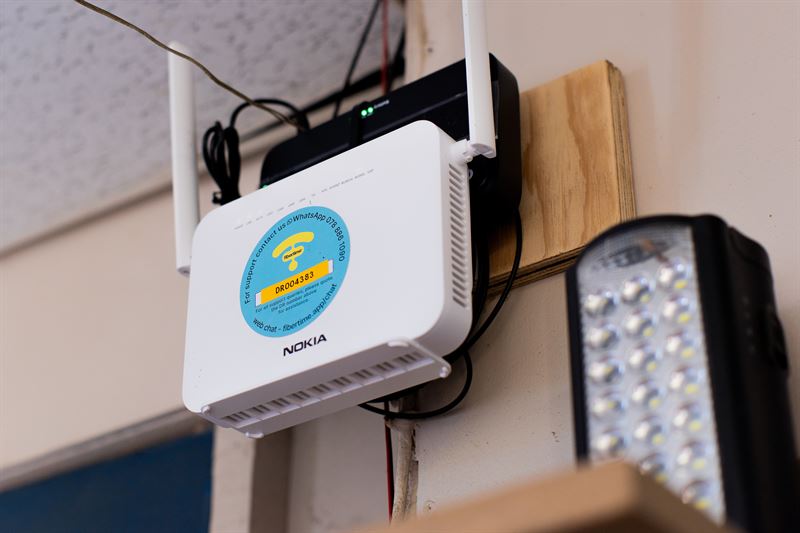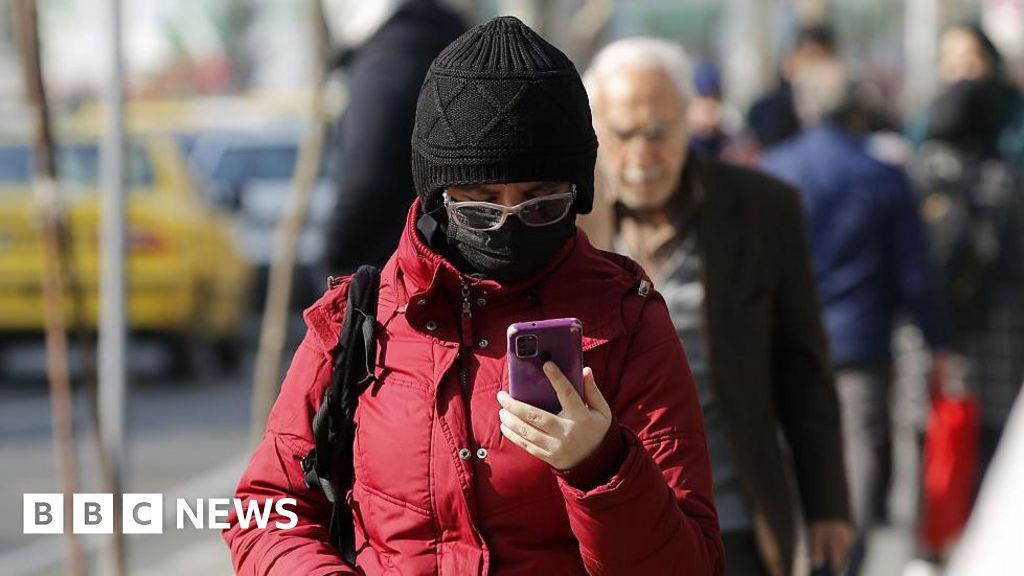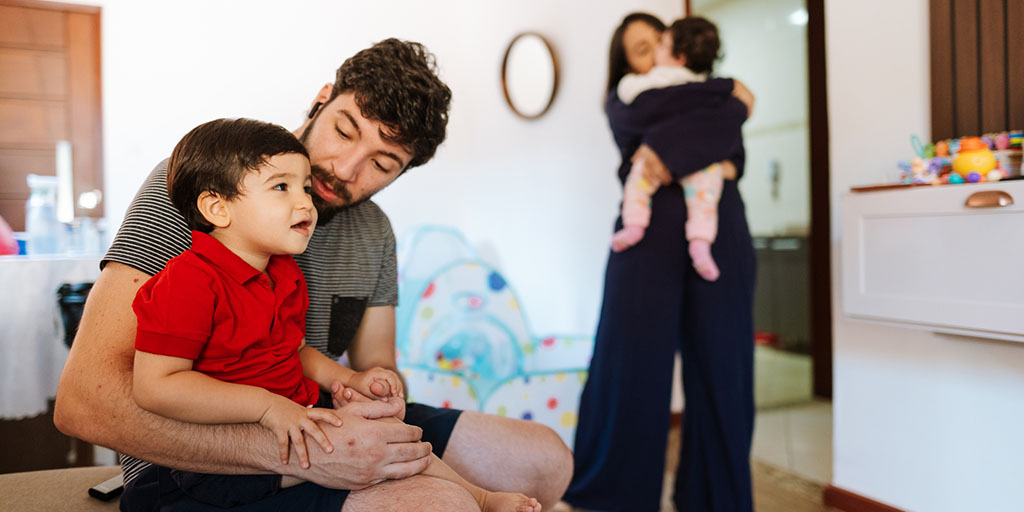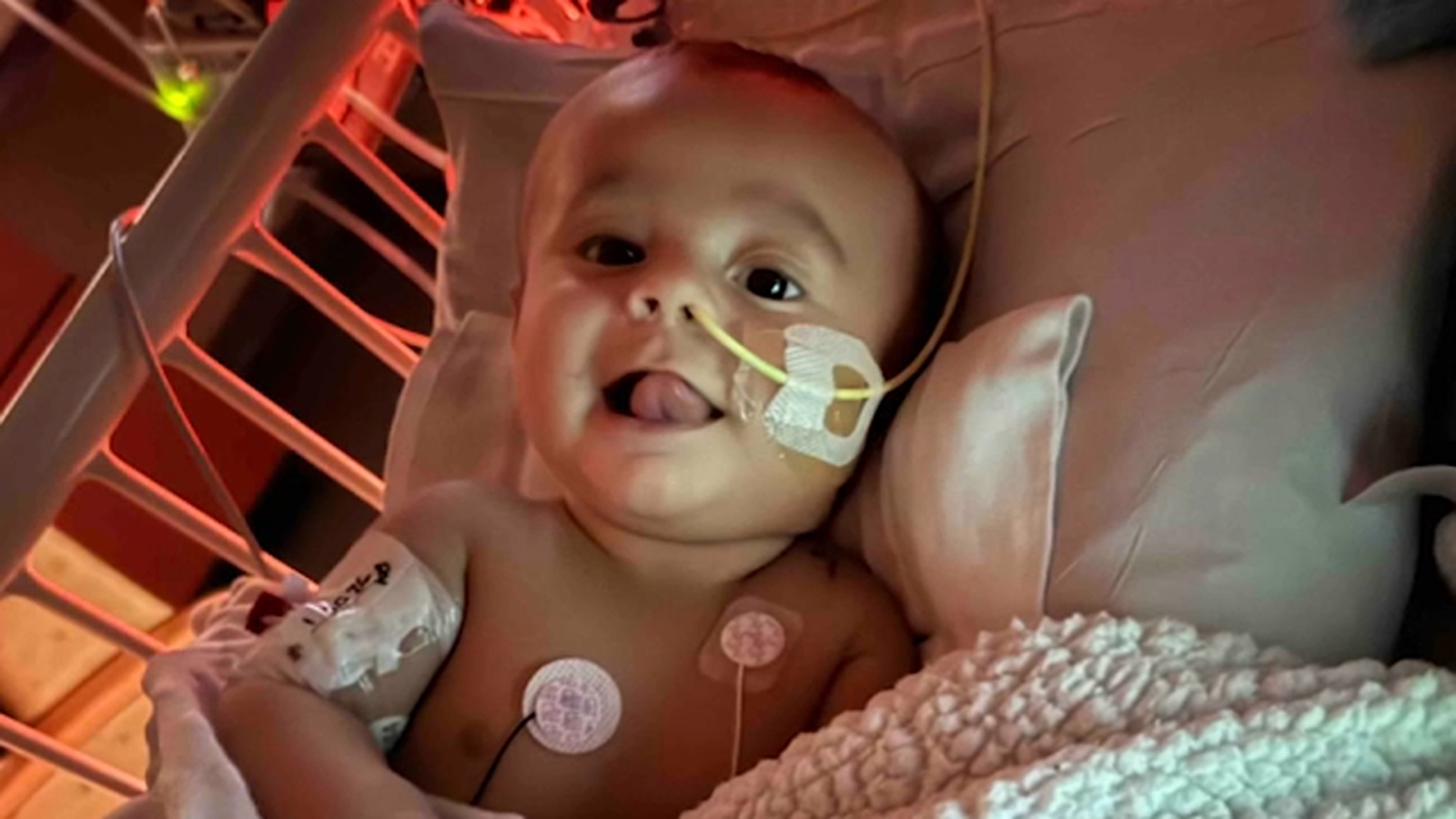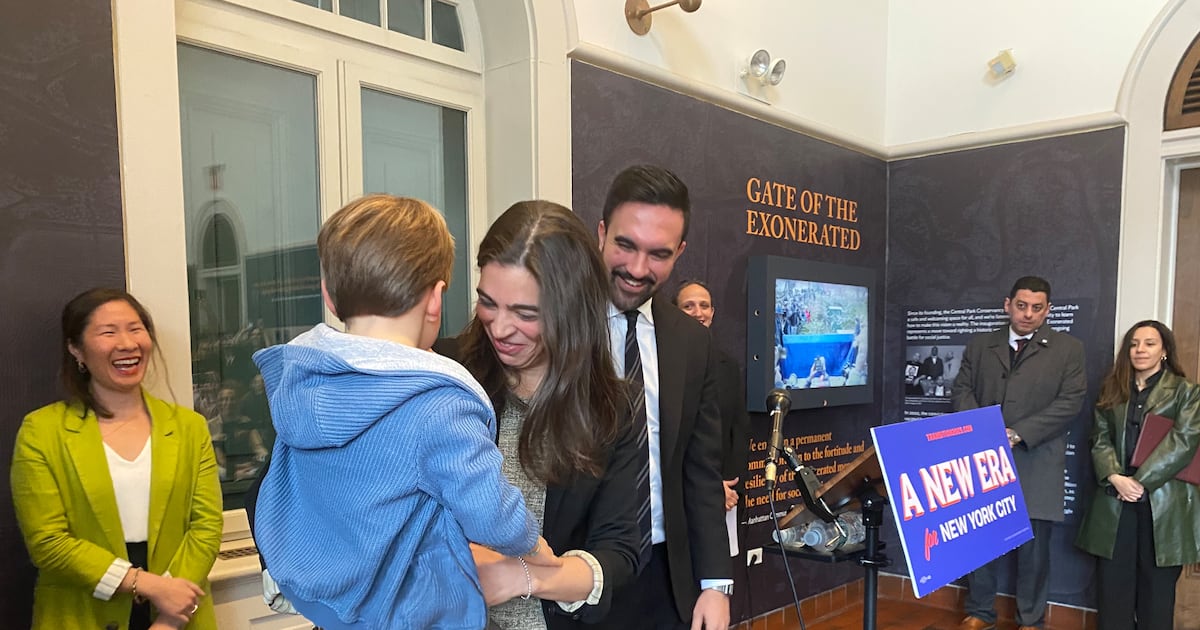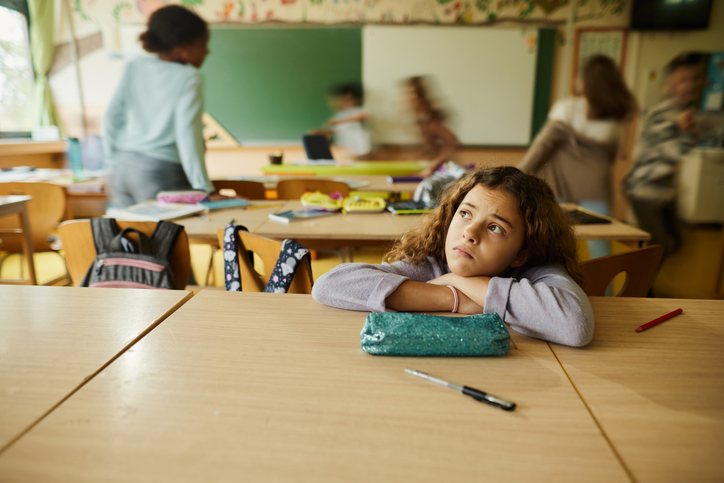The visionary work of Mamadou Amadou Ly – New African Magazine

Report on the Yidan Prize 2025 and its Implications for Sustainable Development Goals
Executive Summary
Mamadou Amadou Ly, head of the Senegal-based organisation Associates in Research and Education for Development (ARED), has been awarded the 2025 Yidan Prize for Education Development. This report details the significance of ARED’s work in the context of the United Nations Sustainable Development Goals (SDGs), with a primary focus on SDG 4 (Quality Education), SDG 10 (Reduced Inequalities), and SDG 17 (Partnerships for the Goals). ARED’s innovative, multilingual educational models provide a scalable and evidence-based framework for achieving inclusive and equitable education in West and Central Africa and beyond.
Advancing Sustainable Development Goal 4: Quality Education
ARED’s initiatives directly address multiple targets within SDG 4, which aims to ensure inclusive and equitable quality education and promote lifelong learning opportunities for all.
Core Innovation: Bilingual and Community-Based Education
The Yidan Prize Foundation recognised Mr. Ly for developing bilingual education models that utilize national languages as a foundation for learning. This approach has proven to significantly improve foundational literacy and numeracy skills. Key components of this model include:
- A structured pedagogical approach where students begin learning in a familiar mother tongue before transitioning to include official languages like French.
- Development and publication of high-quality, culturally appropriate teaching materials in national languages.
- Comprehensive teacher training programmes that replace outdated lecture-style methods with active, participatory learning.
- Freely licensed and open-access materials available on the Early Learning Resource Network, promoting widespread adoption.
Alignment with SDG 4 Targets
- Target 4.1 (Universal Primary Education): By improving foundational skills and reducing dropout rates among at-risk students, ARED’s work contributes directly to ensuring all children complete free, equitable, and quality primary education.
- Target 4.5 (Eliminate Disparities): The focus on mother-tongue instruction removes significant barriers for children in vulnerable situations, promoting equal access and reducing educational inequalities.
- Target 4.6 (Universal Literacy and Numeracy): The Ndaw Wune programme provides a clear, measurable impact on adult and youth literacy, demonstrating a successful model for achieving this target.
- Target 4.c (Increase Qualified Teachers): ARED’s emphasis on comprehensive teacher training and modern pedagogical methods directly supports the goal of increasing the supply of qualified educators.
Measurable Impact and Contribution to SDG 10 (Reduced Inequalities)
ARED’s work provides a powerful model for reducing inequalities within and among countries by making education more accessible and effective for marginalized communities.
The Ndaw Wune Accelerated Learning Programme
A key example of ARED’s impact is the Ndaw Wune (Success for All) programme, an accelerated remedial initiative for second and third-year students at risk of leaving school. This programme directly tackles educational inequality by providing targeted support to the most vulnerable learners.
Quantifiable Outcomes
The results from the Ndaw Wune programme demonstrate a significant advancement in learning outcomes over a one-year period:
- 74% improvement in letter recognition skills.
- 100% improvement in syllable reading skills.
- 134% improvement in word reading skills.
Fostering SDG 17 (Partnerships for the Goals)
The success and scalability of ARED’s model are rooted in its collaborative approach, embodying the principles of SDG 17.
Policy Influence and Regional Collaboration
ARED’s approach has transcended local projects to influence systemic change. This has been achieved through strategic partnerships:
- Governmental Collaboration: ARED serves as a key technical partner to the Senegalese Ministry of Education, providing applied research and data to strengthen national curricula. This model of collaboration has been adopted as national policy in Senegal.
- Regional Expansion: The organisation’s free and open resources are actively used to inform educational practices and policy in neighbouring countries, including Mauritania and The Gambia.
- Community Engagement: The design process for educational solutions involves close collaboration with community members, national specialists, educators, and linguists, ensuring relevance and sustainability.
Future Outlook
The Yidan Prize, valued at approximately $3.8 million, will be utilized to fund specific projects, enabling ARED to accelerate and expand its work. This investment will further demonstrate that bilingual, community-based, and evidence-based education is a critical pathway to bridging learning gaps and achieving the Sustainable Development Goals for education globally.
1. SDGs Addressed in the Article
SDG 4: Quality Education
- The entire article focuses on improving education in West and Central Africa. It discusses ARED’s work in developing innovative bilingual education models, improving basic literacy and numeracy, and providing teacher training. The text explicitly mentions promoting “equity and inclusion in education” and ensuring “every learner to have access to quality education.”
SDG 10: Reduced Inequalities
- The article highlights ARED’s efforts to remove barriers for vulnerable children, such as those at risk of dropping out and those whose mother tongue is not the official language of instruction. By promoting education in national languages, the initiative ensures that linguistic minorities are not disadvantaged, thereby reducing inequalities in educational outcomes. The jury chair notes the work promotes “equity and inclusion” and preserves “linguistic and cultural identities.”
SDG 17: Partnerships for the Goals
- The article emphasizes ARED’s collaborative approach. It mentions that “collaboration is at the heart of our success” and details partnerships with “community members, national specialists, educators, and linguists.” Furthermore, ARED acts as a “key technical partner of the Senegalese Ministry of Education,” demonstrating a strong public-civil society partnership to influence and strengthen national education policy.
2. Specific Targets Identified
SDG 4: Quality Education
- Target 4.1: By 2030, ensure that all girls and boys complete free, equitable and quality primary and secondary education leading to relevant and effective learning outcomes.
- The article directly addresses this by describing how ARED’s models “significantly improve the basic reading, writing and numeracy skills.” The Ndaw Wune program specifically targets struggling second and third-year students to improve their learning outcomes and prevent them from dropping out.
- Target 4.5: By 2030, eliminate gender disparities in education and ensure equal access to all levels of education and vocational training for the vulnerable.
- The focus on “out-of-school children” and “struggling second and third year students at risk of dropping out” directly relates to ensuring access for vulnerable groups. The bilingual approach provides equitable access for children from diverse linguistic backgrounds.
- Target 4.6: By 2030, ensure that all youth and a substantial proportion of adults, both men and women, achieve literacy and numeracy.
- ARED’s core mission is to strengthen “literacy” and improve “basic reading, writing and numeracy skills,” which is the central theme of this target.
- Target 4.c: By 2030, substantially increase the supply of qualified teachers, including through international cooperation for teacher training in developing countries.
- The article states that ARED “develops innovative bilingual education programmes and teacher training” and that its pedagogical approach includes “comprehensive teacher training.” This directly contributes to improving the quality and qualifications of teachers.
SDG 10: Reduced Inequalities
- Target 10.3: Ensure equal opportunity and reduce inequalities of outcome, including by eliminating discriminatory policies and practices.
- By developing bilingual education models that use national languages, ARED challenges the traditional “lecture-style teaching” in a single official language (like French). This work has “influenced national education policy in Senegal, Mauritania, The Gambia and elsewhere,” helping to reform policies to provide more equal opportunities for non-native French speakers.
SDG 17: Partnerships for the Goals
- Target 17.17: Encourage and promote effective public, public-private and civil society partnerships.
- The article provides a clear example of this target in action. ARED, a non-profit organization, is described as a “key technical partner of the Senegalese Ministry of Education,” and its work, which began as a “pilot project with the Senegalese government,” has now been “adopted as part of the national education policy.”
3. Indicators Mentioned or Implied
- Quantitative Learning Outcomes: The article provides specific, measurable results from the Ndaw Wune program as indicators of improved learning. It states that “in one year, Ndaw Wune students improved their reading skills by 74% in letter recognition, 100% in syllable reading and 134% in word reading.” These metrics directly measure progress in literacy proficiency (relevant to SDG Indicator 4.1.1).
- Policy Adoption: The article implies an indicator of success through policy change. It notes that ARED’s model “has now been adopted as part of the national education policy” in Senegal and has “influenced national education policy” in other countries. The number of countries adopting these inclusive policies serves as an indicator of systemic impact (relevant to Targets 4.5 and 10.3).
- Resource Accessibility: The availability of educational materials is an implied indicator. The article mentions that “ARED’s teaching and learning materials are freely licensed and accessible to all on the Early Learning Resource Network,” indicating progress in providing open and accessible educational resources to support teachers and students (relevant to Target 4.c).
- Teacher Training: While no numbers are given, the article’s emphasis on “comprehensive teacher training” as part of its model implies that the number of teachers trained through ARED’s programs is a key indicator of its effort to increase the supply of qualified educators (relevant to Target 4.c).
4. Summary Table of SDGs, Targets, and Indicators
| SDGs | Targets | Indicators Identified in the Article |
|---|---|---|
| SDG 4: Quality Education | Target 4.1: Ensure quality primary and secondary education leading to effective learning outcomes. | Percentage improvement in reading skills: 74% in letter recognition, 100% in syllable reading, and 134% in word reading. |
| SDG 4: Quality Education | Target 4.5: Ensure equal access to all levels of education for the vulnerable. | Inclusion of “out-of-school children” and students “at risk of dropping out” in educational programs. |
| SDG 4: Quality Education | Target 4.6: Achieve literacy and numeracy for all youth and a substantial proportion of adults. | Improvement in “basic reading, writing and numeracy skills.” |
| SDG 4: Quality Education | Target 4.c: Increase the supply of qualified teachers. | Development of “comprehensive teacher training” programs; Provision of “freely licensed and accessible” teaching materials. |
| SDG 10: Reduced Inequalities | Target 10.3: Ensure equal opportunity and reduce inequalities of outcome. | Adoption of bilingual education models into national education policy to support non-native speakers of the official language. |
| SDG 17: Partnerships for the Goals | Target 17.17: Encourage and promote effective public, public-private and civil society partnerships. | ARED (civil society) acting as a “key technical partner of the Senegalese Ministry of Education” (public). |
Source: newafricanmagazine.com

What is Your Reaction?
 Like
0
Like
0
 Dislike
0
Dislike
0
 Love
0
Love
0
 Funny
0
Funny
0
 Angry
0
Angry
0
 Sad
0
Sad
0
 Wow
0
Wow
0
